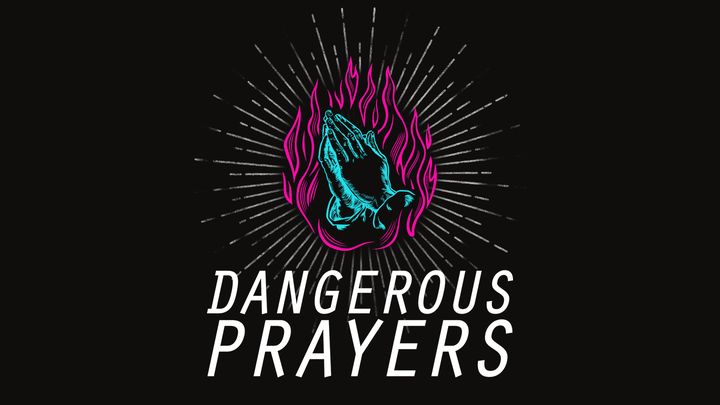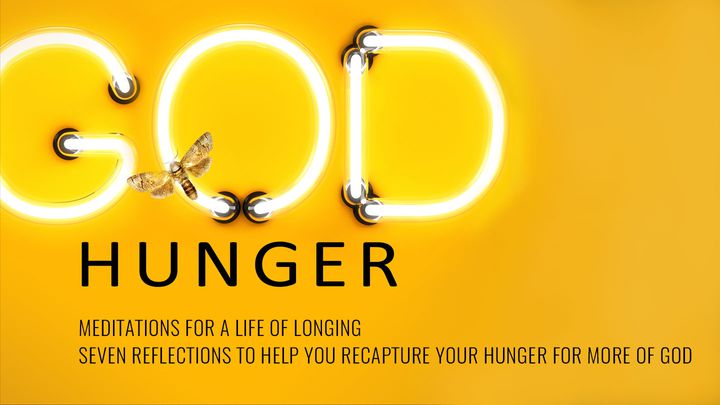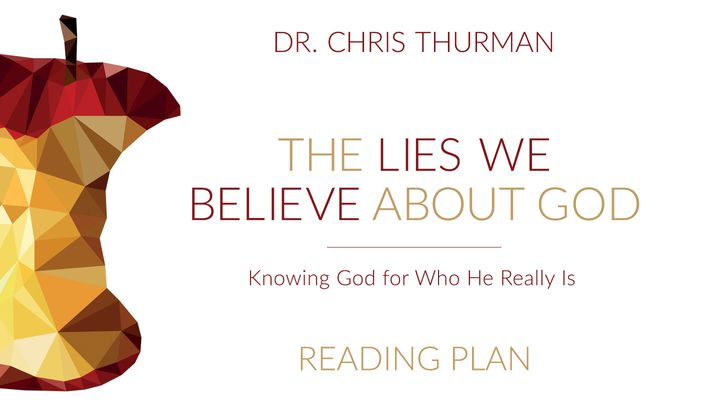
21 Days in Ephesians
Ephesians is rich with truths about God and his saving work in us. This plan is designed to help you dig deeper into this text, while learning more about God and yourself. The daily six step rhythm will help you to establish a habit of reading and engaging with God’s Word. This plan is brought to you by the Christian Standard Bible (CSB). Learn more at CSBible.com.
About this Bible Reading Plan
Length: 21 Days
Start: February 1, 2023
Completions: Over 100000
Publisher:
We would like to thank LifeWay Christian Resources (Holman Bibles) for providing this plan. For more information, please visit: https://csbible.com
About The Publisher









